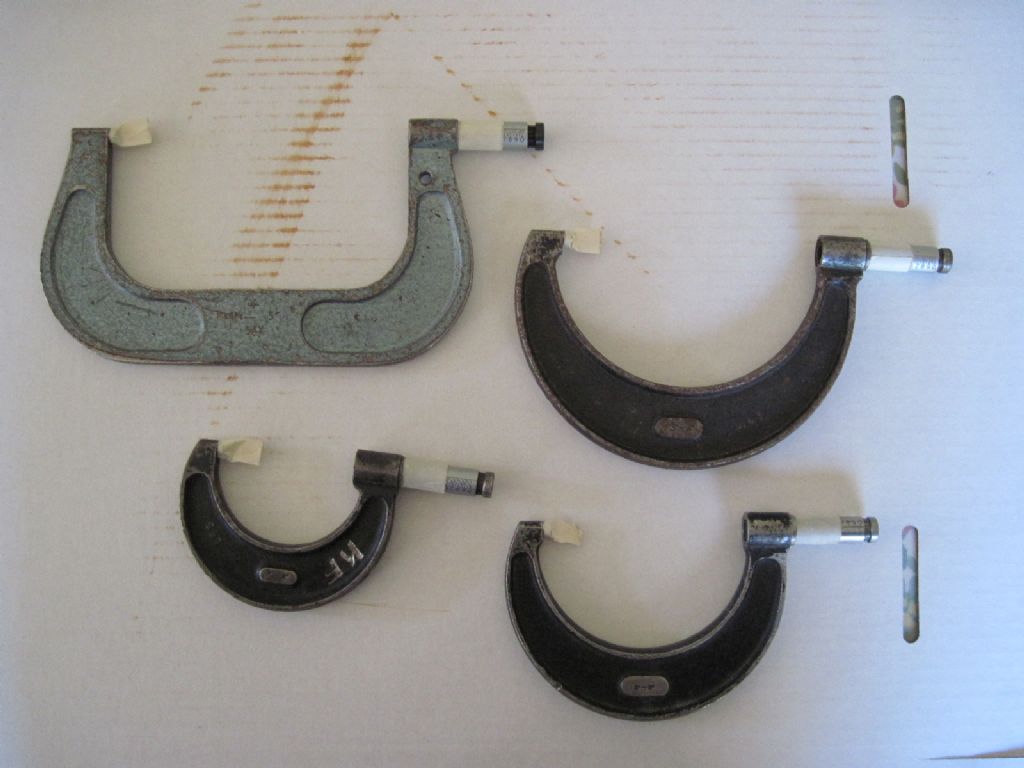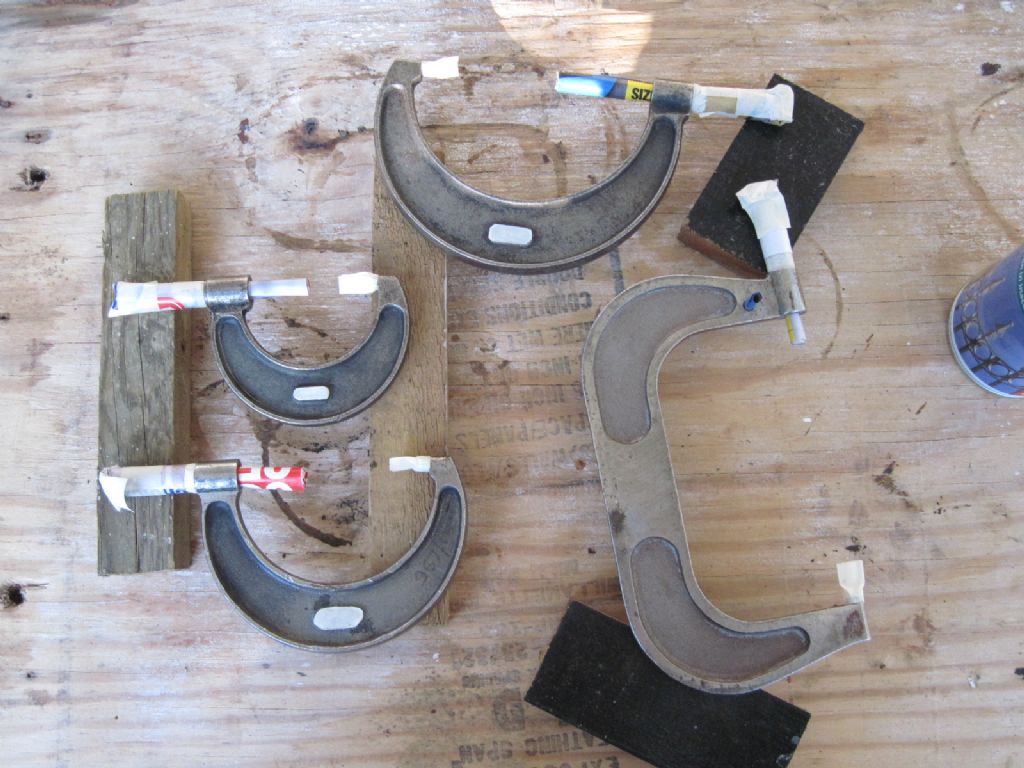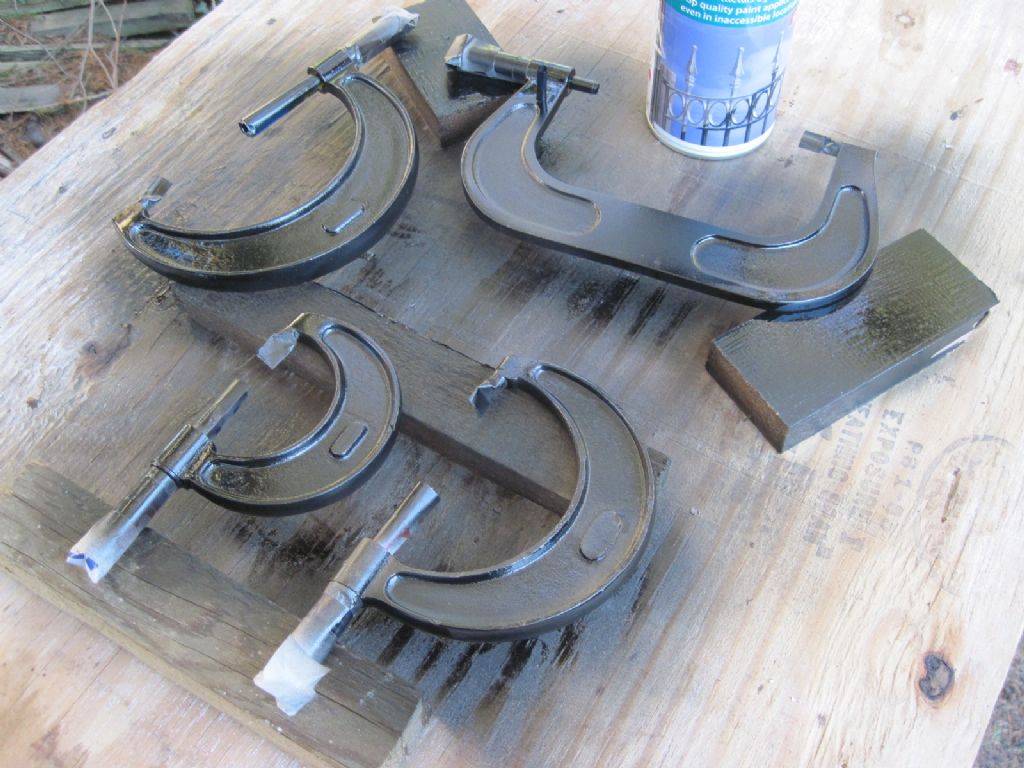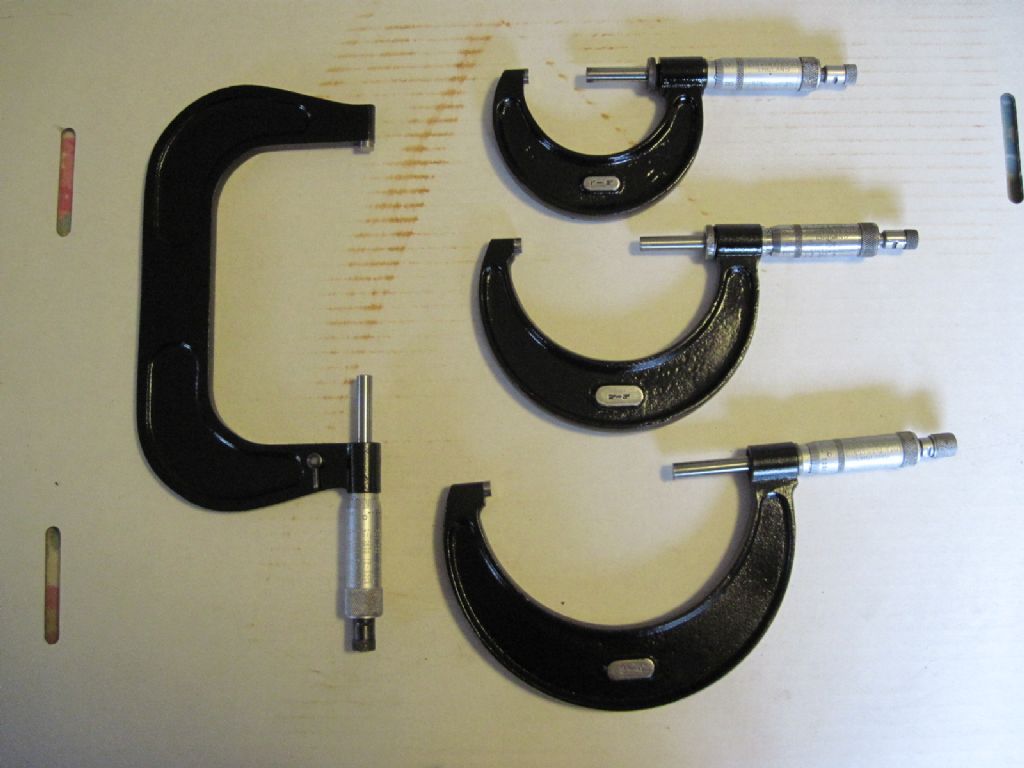Micrometer Oil
Micrometer Oil
- This topic has 16 replies, 11 voices, and was last updated 28 October 2014 at 13:44 by
Dinosaur Engineer.
Viewing 17 posts - 1 through 17 (of 17 total)
Viewing 17 posts - 1 through 17 (of 17 total)
- Please log in to reply to this topic. Registering is free and easy using the links on the menu at the top of this page.
Latest Replies
Viewing 25 topics - 1 through 25 (of 25 total)
-
- Topic
- Voices
- Last Post
Viewing 25 topics - 1 through 25 (of 25 total)








